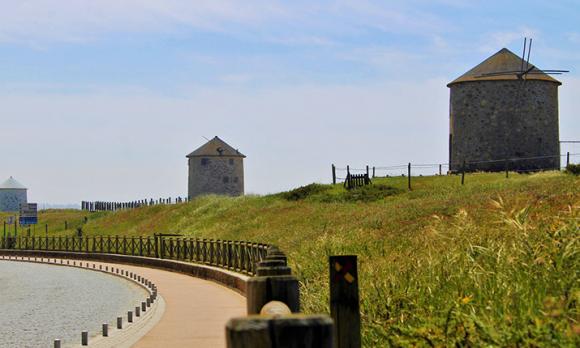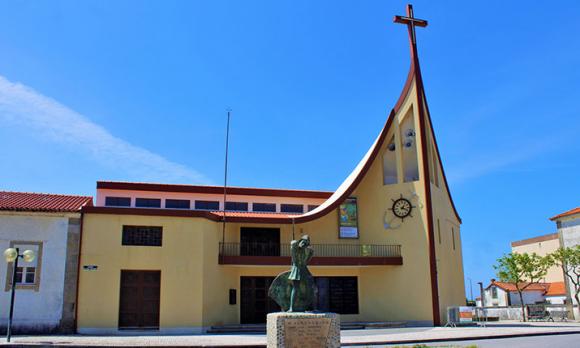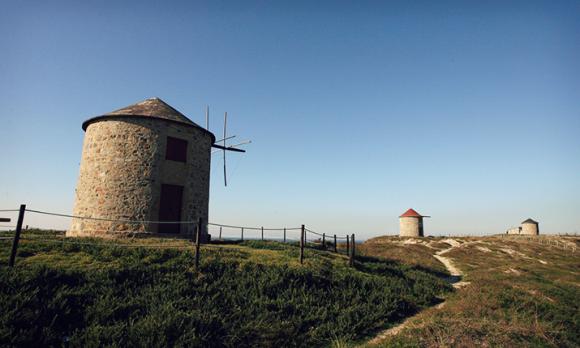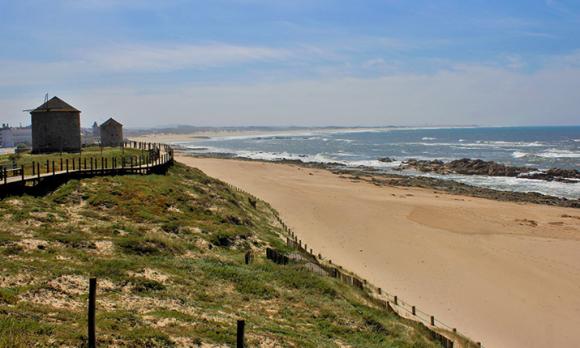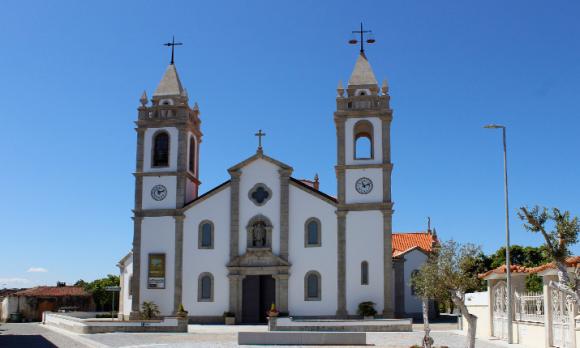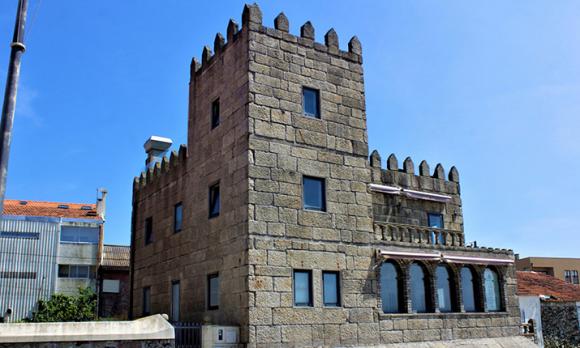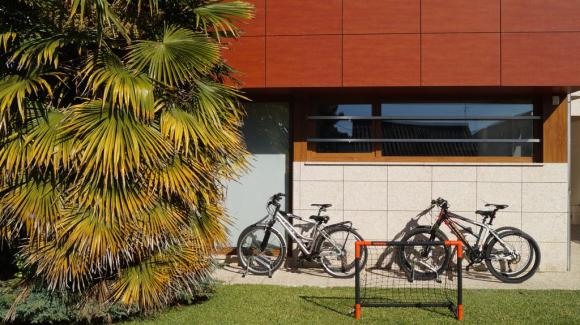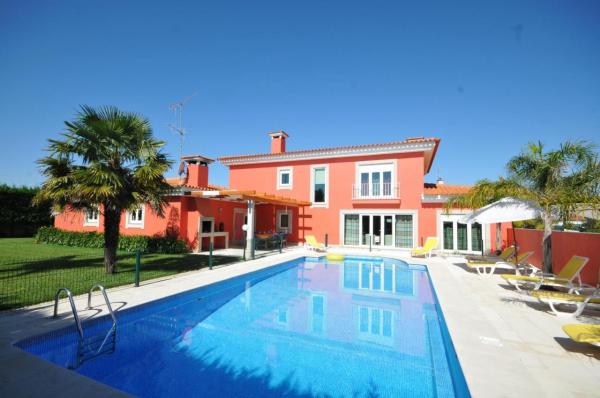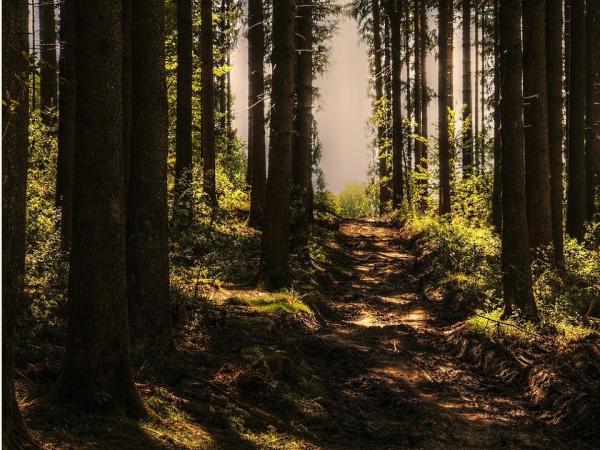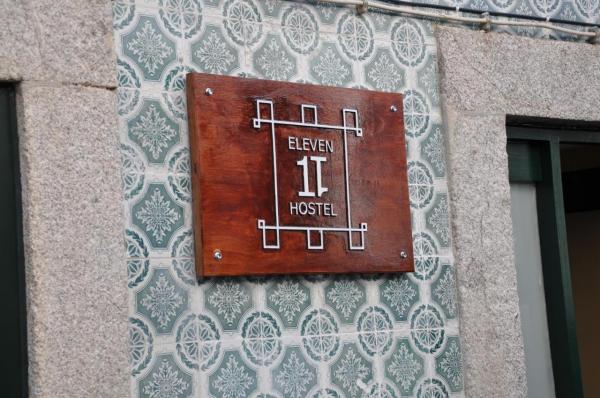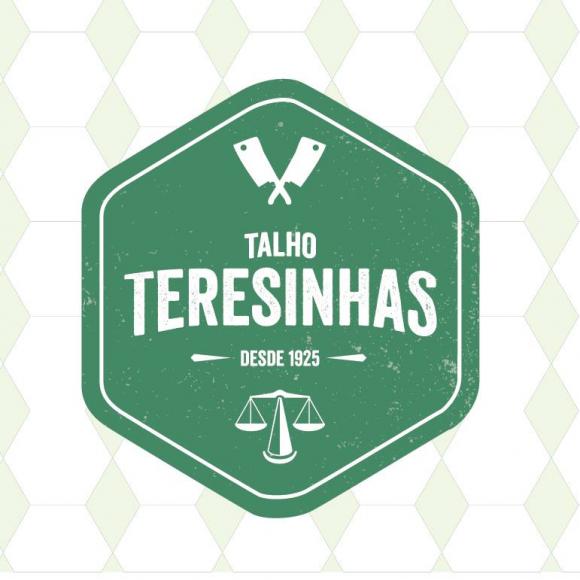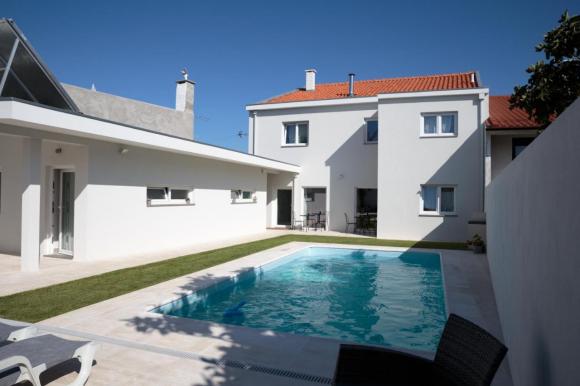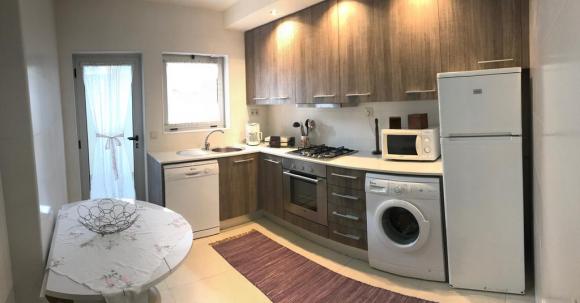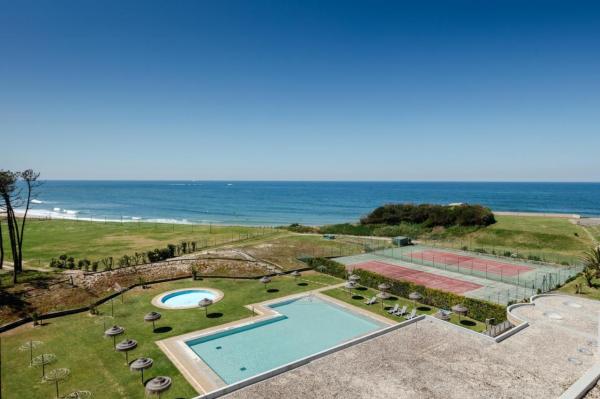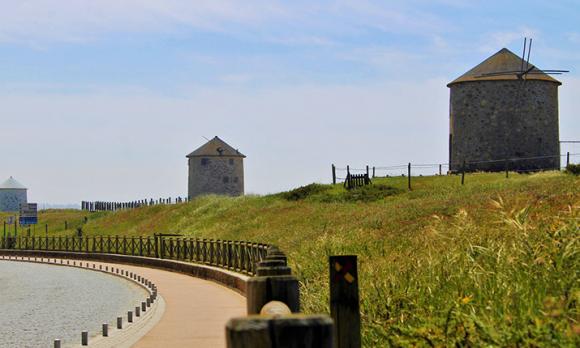
Roteiro das Freguesias - Apúlia
In order to get to know all the history, Heritage and Nature of Esposende, the Municipality has created several Itineraries that pass through its Parishes, which you must visit ...
.
Esposende
Description
The old windmills and shale “storerooms”, now summer homes, advertise Apúlia beach with “The soft sand, the serene sea, the caressing waves, the plain covered with thousands (…)”, as José says Augusto Vieira in his Minho Pitoresco, from the end of the century. XIX.
Today Apúlia beach is known mainly as a summer resort. However, the bay, given its good natural conditions, has been used since the Roman presence on the Peninsula, as a place for loading goods. Several medieval references appear in the documentation, proving the agricultural importance of this region. When bathing trips to the beaches became part of daily habits, Apúlia beach gained fame for the high levels of iodine recorded. From all the nearby towns, Barcelos, Braga, Famalicão and Porto, vacationers started looking for Apúlia as a vacation destination. Currently, for this reason and for the excellence of the bay, the Apúlia beach continues inviting for a holiday season facing the Atlantic. The windmills on this beach are one of the reasons to visit. They are mills built in granite and shale, with a circular plan and a conical shape, in order to make the best use of the available wind. Today these windmills have lost their original function, being used as holiday homes.
The sea has always been a source of wealth to explore. Here in Apúlia, in addition to salt and fish, the exploitation of seagrass was one of the most important agri-maritime activities. Testimonies of a time when the collection of this product was an important task are the tents, set up directly on the dune, and where the harvesting utensils were kept. The oldest known reference to this activity dates back to the 13th century, when farmers from the interior complained about an attempt by the archbishop of Braga to forbid them from crossing the Apulian hill to reach the sea. Later, due to the charter he gave to Póvoa de Varzim, D. Dinis reserves the collection of seaweed from his beach for the inhabitants of the place. And the collection activity was so important that the Church even forbade it to take place on Sundays and holy days. But how to explain such importance? Sargasso, collected from June onwards until the end of the year, and dried in the sun, was used as organic fertilizer for the land. In an agrarian economy in which chemical fertilizers were not known, this seaweed was of paramount importance in ensuring good harvests. Sargaceiros collected seaweed at the water's edge and formed mounds along the beach so that they could dry in the sun. The landscape and the smell of these beaches, during the harvest season, were very special…
Apúlia is a land of sea and sand, so it is not surprising that the old church of this parish was submerged by the sands between the 12th and 13th centuries. There is still a cruise in its place today, with an oil lamp that the people keep alight with individual gifts. The Moorish cruise was restored in 1-1-1981, by a group of benefactors from the place of Paredes.
At the end of the 17th century, the then existing Parish Church threatened ruin and another was built in its place. But by the mid-1800s, degradation also threatened this temple. There was also the disgrace of a wave of robberies that plagued the churches in the region and to which it did not escape, having been vandalized in the year 1849. In the middle of the 20th century, in the year 1945, another temple was erected in the same local, with hints of classic taste on the facade and main body. After that, half a century later, expansion and renovation works will be decided on this temple. In 2000, the current church that serves the parish was inaugurated.
Source: https://www.visitesposende.com/
Comments
There are no comments!
Partners same locality

 EN
EN  PT
PT ES
ES FR
FR